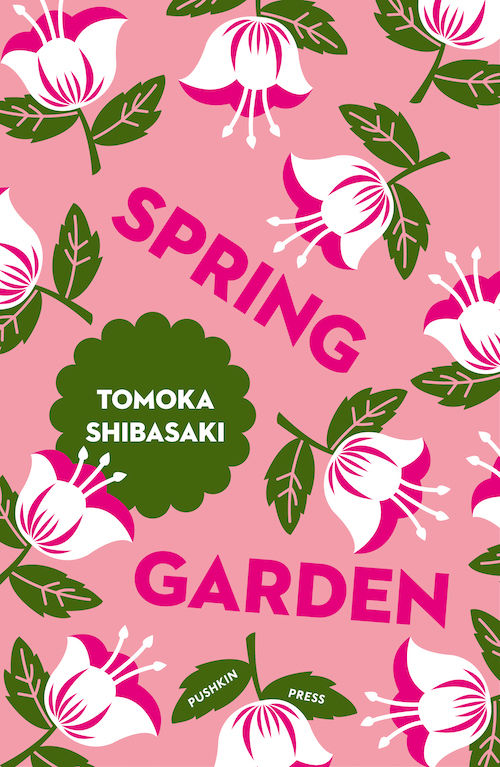
Spring Garden (Haru no niwa) is the 2014 winner of the Japanese literary award, the Akutagawa Prize. With its spare and poetic language, it tells the story of lonely and disenfranchised people living in an impermanent city.
Divorced and cut off from his family, Taro lives in one of three apartments still occupied in a Tokyo building as it gradually edges closer to demolition. He exchanges pleasantries with the old lady upstairs, doesn't say good bye to the unseen couple who vacate - with whom Taro never exchanged a single word, and becomes curious about Nishi, a woman who lives on the second floor. She is fascinated by the house beyond the wall next door - a house featured in an old photo book she has held for many years made by the artistic owners. Together they fantasize about what it would be like to live in such a house, and eventually find a way to enter.
The story is quiet and simple, with minimal plot. There is a main theme of impermanence and what has been lost or destroyed, as city streets cover swamp or grass land, buildings are razed seemingly overnight for new condos, and the idea that houses are destined to have only one set of residents before being torn down and built over. I wondered what the appeal of this book was for a wider audience, as several reviews have asserted it rightly won the Akutagawa. It is certainly a meditative look at dwellings, but for me the wistful dreaminess didn't add up to much.
Memorable in a way I can't put my finger on - perhaps as nature repeats its actions until we in our current form disappear, all we really hold are memories.
2014 / Tradeback / 154 pages


Comments